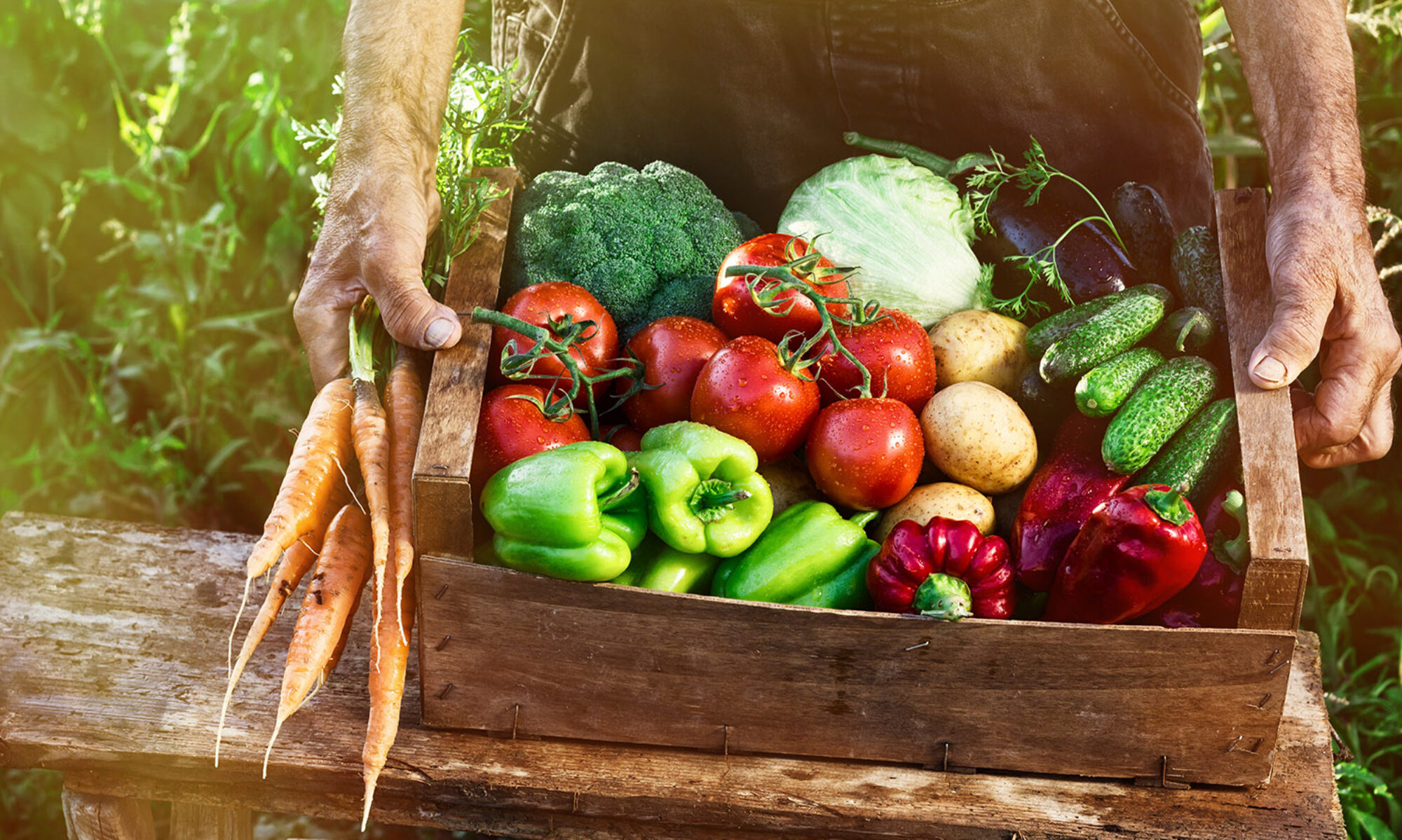Written by Zoe Grant- J.D. Candidate 2019 (University of Oregon)

(Photo from the University of Surrey’s Webpage)
A Food Law Society can be a great way to collaborate with other students interested in practicing Food Law and make professional connections. Unfortunately, many law schools do not have any Food oriented organizations readily available to join. No problem! Be a trailblazer! Here are some tips that will be helpful for those interested in starting a new Food Law Society at their law school:
1) Talk to Your Peers – While Food Law may be a niche practice area, interest in the field is growing fast. All of us eat food and most of us love the opportunity to talk about it as well. Food is a common denominator across all of humanity and it is likely that your fellow law students have strong opinions on the topic that they will be willing to voice given a platform. Look for students who recognize the basic necessity of sustainable food systems and the legal frameworks to support them to get the conversation started.
2) Find a Faculty Advisor – Reach out to professors from your law school that have done research relating to Food Law (even if it’s only tangentially related). Chances are they will be interested in working with students who share their academic interests. Ask if they would be willing to support your new Food Law Society in an advisory capacity. They may contribute ideas for future activities or have professional contacts that could be speakers at your next Food Law Society meeting.
3) Throw a Potluck – Potlucks are a fantastic way to bring students together and they can also be stimulating conversation starters. There is no better way to kick off a constructive discussion of Food Policy than by sharing a meal together! Potlucks can be a great backdrop for a first meeting or can be regularly scheduled events.
4) Meet with your Student Bar Association – Your law school’s SBA will likely be a great resource in establishing your new Food Law society. They can tell you what steps are required to be officially recognized and may even have some funds available to support future events your Food Law Society wants to host.
5) Establish a Mentorship Program – This last point is key. Once your Food Law Society has been founded it is important to build mechanisms to ensure membership stays strong, otherwise enthusiasm can quickly diminish. Try pairing interested first year students with 2Ls and 3Ls. A mentorship program within a Food Law Society is a great way to engage 1Ls early on and grow a new generation of leaders to keep you Food Society running for years to come.
